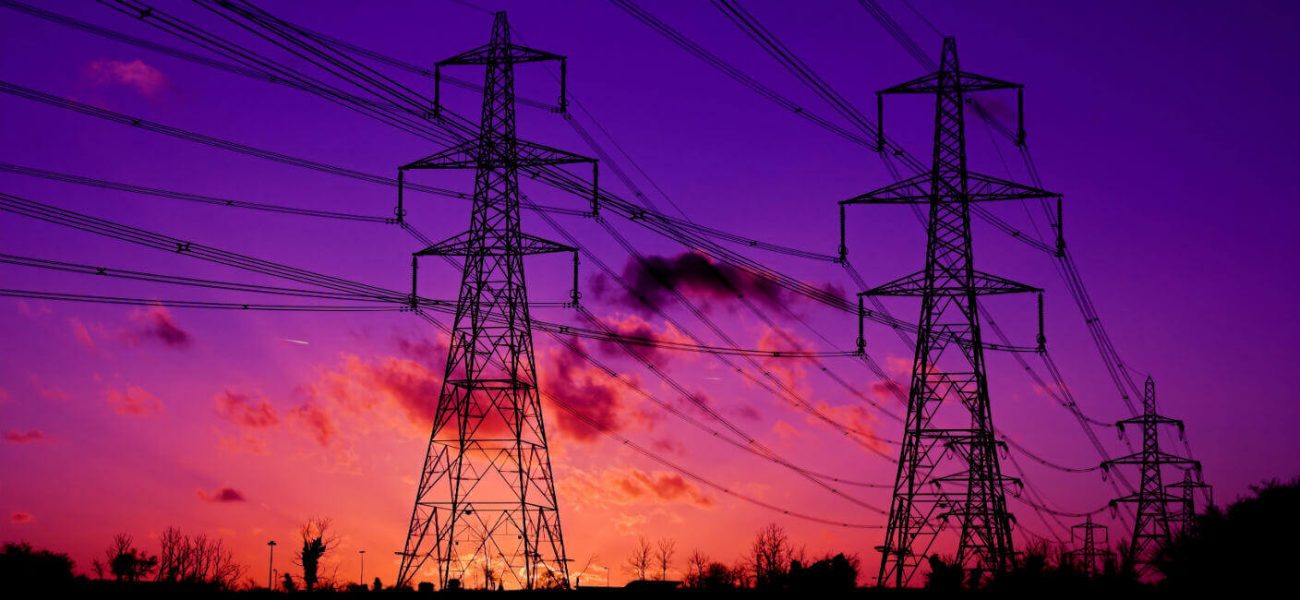The Electricity Act 2023 signed into law by President Bola Tinubu on June 5, 2023, repeals the Electric Power Sector Reform Act of 2005 and provides a guide for the post-privatisation phase of Nigeria’s electricity industry. It demonopolises the generation, transmission and distribution of electricity at the national level and provides a framework for States, companies and individuals to become stakeholders in carrying out these functions. Among other things, the Electricity Act mandates the Ministry of Power in consultation with relevant government authorities and stakeholders to develop an Integrated Electricity Policy and Strategic Implementation Plan. The objective of this policy plan is to guide the overall development of the Nigerian power sector and address policy gaps. The Electricity Act also provides a legal framework for the development and utilisation of renewable energy. Therefore, the policy plan is expected to incorporate policies such as waivers and subsidies to stimulate the development of renewable energy.
The Act addresses infractions in the electricity sector by introducing penalties such as prison terms and fines for electricity theft, bypass of metres, theft of electrical lines and materials, disruption of power supply, damage to public streetlights, etc.
Notably, the Electricity Act recognises the powers of State Houses of Assembly to make laws for the generation, transmission and distribution of electricity, as well as oversee electricity system operations within their States. Specifically, it empowers States to issue licences to operate mini grids and power plants within their respective jurisdictions and to provide legal frameworks for these operations.
PLAC had provided an analysis of the provisions of the Electricity Act (then Electricity Bill 2022) in a previous edition of LEGIST.
See Electricity Act 2023 here
The provisions of the Electricity Act that empower States to legislate on and regulate electricity complement the recent Constitution alteration which expanded the power of States in the Concurrent Legislative List to make laws on electric power. The alteration expands the power of State Houses of Assembly to make laws for the generation, transmission and distribution of electricity to areas covered by the national grid system within their respective States. Formerly, this provision restricted the jurisdiction of States to legislate on electric power to areas not covered by the national grid system. This restriction has now been removed.
The expansion of the power of States to legislate on electricity and the provisions of the Electricity Act introducing other players into the power sector would go a long way in demonopolising and improving the power sector, as the pressure on the national grid will be reduced. It would also potentially attract investors to the sector and hopefully put an end to the incessant challenges associated with electricity in Nigeria. Other expected benefits include market competition which would benefit consumers in terms of options and pricing, investments in energy mixes and alternative sources of energy, improved private sector participation and increased revenue for States.
It should be noted that the Federal Government’s power to legislate on generation and transmission of electricity in any part of the country and manage the national grid system remains, and that each State would have to make or amend its State electricity law to operationalise the recent Constitution alteration on the subject.

